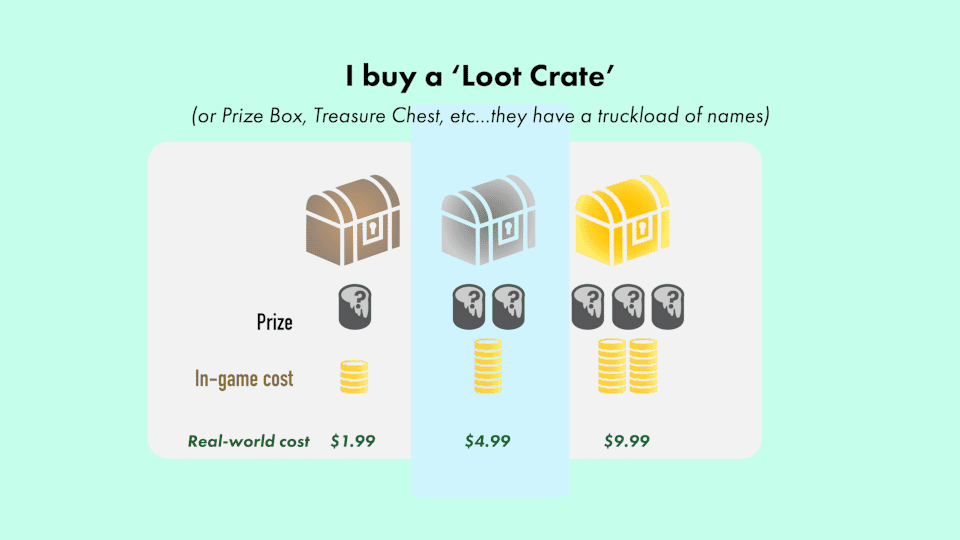all about GAMBLING
What is Gambling?
Gambling (or “betting” or “gaming”) is the wagering of money or something of value, including time, on an event with an uncertain outcome, with the primary intent of winning money, material goods, or status. Gambling thus requires three elements to be present: consideration, risk, and a prize.
“gambling” means buying lottery tickets, gambling at a casino, playing cards or dice for money, betting on sports games, playing slot machines, video poker or other video gambling, gambling on the internet, betting on horses or dogs, playing bingo or keno.
Likewise, gaming is defined as:
the act or practice of gambling
playing games that imitate possible business situations or war maneuvers, as preparation or training
the act or practice of playing computer or video games
Problem gambling – or gambling addiction – involves the compulsion to take chances that are capable of damaging personal, family, or vocational pursuits. Unfortunately, the loved ones of the gambler are often affected as much as the gambler. It’s estimated that between 4 and 6 million Americans can be considered problem gamblers. For each of these, there is a family who is also suffering.
See common gambling myths here
More About Problem Gambling
Do I have a problem? Take the Quiz here!
According to the American Psychiatric Association’s Diagnostic and Statistical Manual of Mental Disorders (5th ed., 2013), disordered gambling is a behavioral addiction. A gambling disorder is “persistent and recurrent problematic gambling behavior leading to clinically significant impairment or distress” and is diagnosed if the person has four or more of the following in the past year:
Needs to gamble with increasing amounts of money in order to achieve the desired excitement.
Is restless or irritable with attempting to cut down or stop gambling.
Has made repeated unsuccessful efforts to control, cut back or stop gambling.
Is often preoccupied with gambling (e.g., having persistent thoughts of reliving past gambling experiences, handicapping or planning the next venture, thinking of ways to get money with which to gamble).
Often gambles when feeling distressed (e.g., helpless, guilty, anxious, depressed).
After losing money gambling, often returns another day to get even (“chasing” one’s losses).
Lies to conceal the extent of involvement with gambling.
Has jeopardized or lost a significant relationship, job, or educational or career opportunity because of gambling.
Relies on others to provide money or relieve desperate financial situations caused by gambling.
Gambling disorder can range from mild to severe.
Do you know someone who might have a gambling disorder? There is free and confidential help. Contact 1-800-GAMBLER today.
Many forms of gambling, from slot machines to lottery tickets, are indistinguishable from games to some kids. On top of that, there are several games made for kids that can contain elements of gambling. One common form of gambling found in games is the “loot box”, sometimes called “lockbox” or “mystery box”. Rather than paying for an item or an upgrade in a game, this gives players an option to pay for the CHANCE of winning their desired item. See below for an illustration of how this works.
This website is presented by The Problem Gambling Help Network of WV










